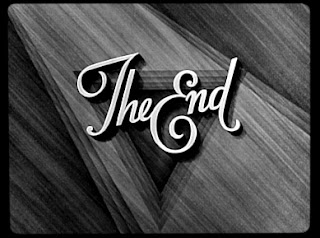Words come. Rushing. Tumbling. In a torrent that seems to
have no end. Two odd pieces fit together for something new, or a character
begins to chatter, or a vivid dream sweeps you out of this world and into a
land of wonder.
Congratulations. This is a good thing, and it can become the
basis for a work you and your readers will cherish. You may capture all there
is in detailed notes or you may end up writing complete scenes. Either is fine.
But you are cheating on your work in progress. Assuming you
have prepared for the day’s writing with details on what you intend to write,
do you still have the commitment? Will you honor the promise you made to
yourself the day before? Will you have anything left to offer?
Professional writers complete their work. They meet their
deadlines. And even after a luscious detour with a strange and wonderful new
story, they go back to the familiar work they have invested in and do the job.
They may stray, but they come back.
They are well aware of the professional risks story
promiscuity represents. Most pros chased infatuation after infatuation when
they were beginners. And, if they were writing articles and short stories, they
could get away with it. But, being drawn away from a book-length work is
serious. This is especially true when you are writing the middle when the prose
it ugly, the story arc is showing cracks, and the manuscript seems like a mistake.
Tempting new stories seek out authors during those desperate times and lure them
in.
There is nothing fundamentally wrong with being swept away
and dallying with the new story for a while, but promiscuous habits can lead to
a series of uncompleted works and unfulfilled promises. Infatuations burn out,
and people who do not take a professional approach end up with piles of unfinished
manuscripts.
Go ahead. Indulge yourself. But keep you promises. Finish your
book.
.jpg)






















